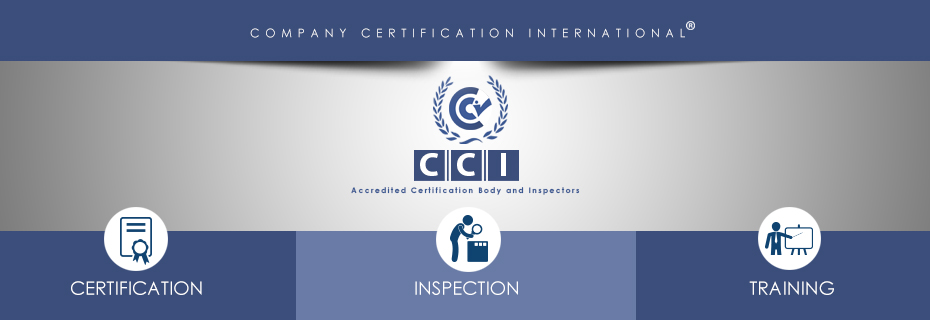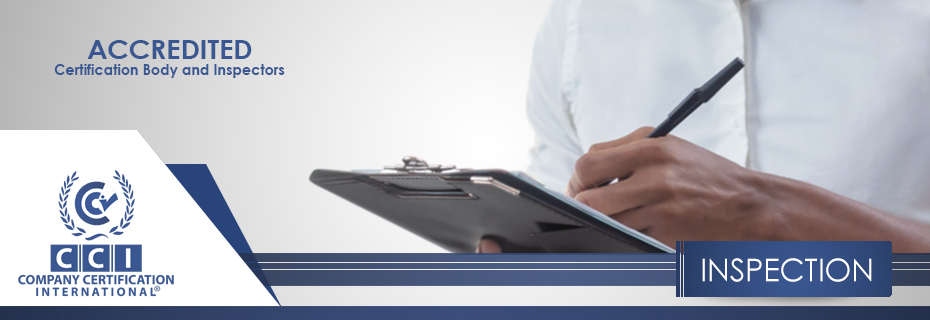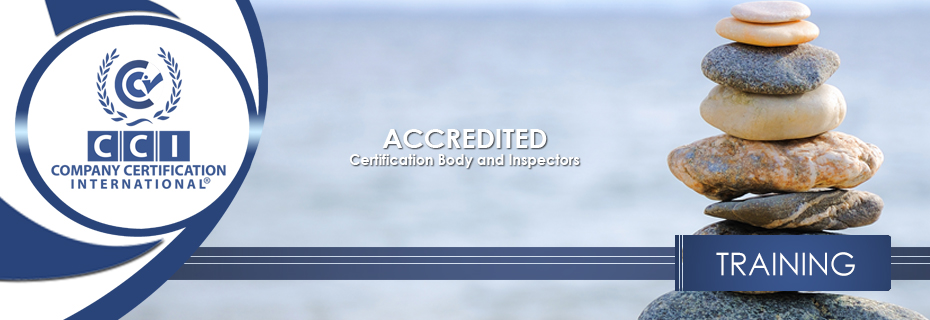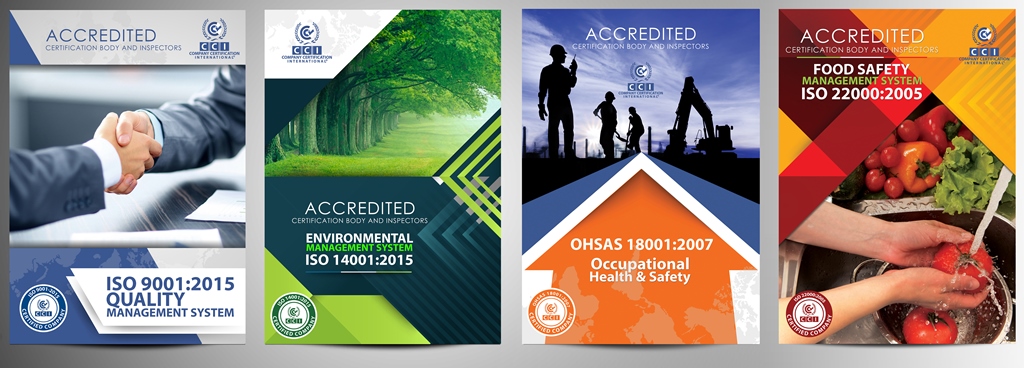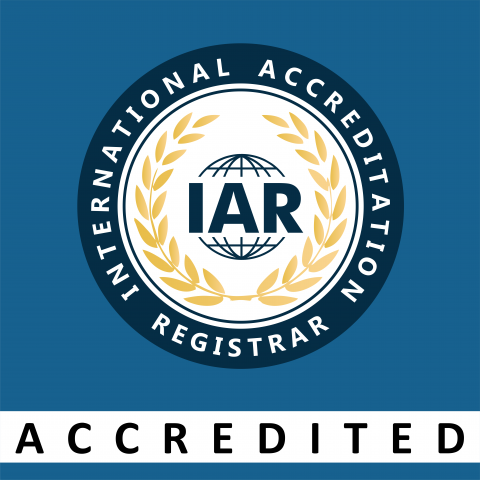Halal
Halal
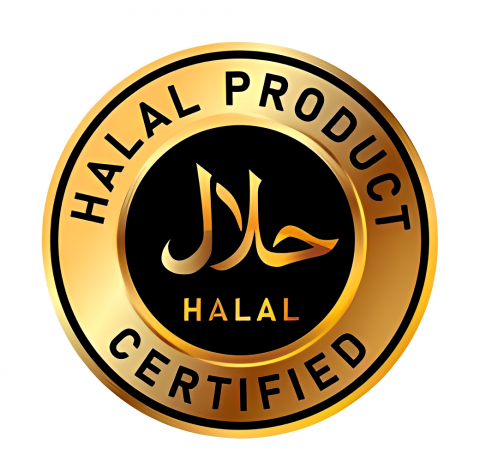
WHAT IS HALAL CERTIFICATION?
Halal is often used in reference to foods and drinks, i.e. foods that are permissible for Muslims to eat or drink under Islamic Sharjah (law). The criteria specifies both what foods are allowed, and how the food must be prepared. The foods addressed are mostly types of meat and animal tissue. The most common example of non-Halal (or Haraam) food is pork. Pork meat and its products cannot be eaten or used by Muslims at all due to historical, cultural, and hygienic concerns. Foods other than pork can also be Haraam. The criteria for non-pork items include their source, the cause of the animal's death, and how it was processed. The food must come from a supplier that uses Halal practices. Muslims must also ensure that all foods (particularly processed foods), as well as non-food items like cosmetics and pharmaceuticals, are Halal. Frequently, these products contain animal by-products or other ingredients that are not permissible for Muslims to eat or use on their bodies.
Key Benefits
- Pig derivatives are used in 185 daily use products
- 44% of global gelatin is made from pig skin. Gelatin is used in food, cosmetics, and pharmaceuticals.
- Pig traces are found in protein powders used in the poultry industry.
- Pig enzymes have been confirmed in several cigarette filters in Europe.
- Additives (preservatives, emulsifiers, stabilizers, colures, flavors, sweeteners etc.) are used in all types of foods and can be derived from Haram sources.
- Natural Red Color (E120) extracted from an insect's blood.
- Carbon filters used for mineral water processing can be derived from animal bones.
- Machinery parts (e.g. leather) may be derived from Haram animal body parts.
The Certification Process
Online gap analysis allows us to see the current
- quality benchmark within your organization,
- the finances required
- the time required for this project (System and Certification Fee)
Your Estimate will be shared with you in 24 hours.
Upon Estimate Approval the project starts:
- A client executive is assigned to your project
- Contact information is shared with you
- The Payment details are provided to you
All Support is delivered Online.
The Client Executive will provide the Documentation Templates and explain to you how to amend it.
You will be required to perform the following tasks:
- Identify your core or business processes.
- Amend documentation that meets your business needs. (Policy statements, objectives, manuals, work instructions, job descriptions, forms.)
- Encourage employees to be aware of the new documented system
- Review, approve, and distribute the documents to those who need access to the information.
- Ensure procedures are being performed as documented.
- Ensure employees are trained properly for the tasks they are performing.
- Create effective reporting systems.
- Monitor the effectiveness of your processes through the use of measurable data, where possible.
- Review and take action to improve in the areas required.
- Plan internal auditing activities.
- Submit your management system documentation for review to ensure it complies with the applicable standard.
- Prepare for review by an external auditor to confirm that the system’s requirements are being satisfied and that the management system is implemented effectively.
- Obtain ISO Certifcaiton
- This periodic on-site review is usually conducted annually.
- It ensures that the certified business continues to comply with Standard requirements, as confirmed during the Recertification Audit at the certification cycle's outset.
- Most are conducted remotely.
Refer to learn more about Types of Audits

